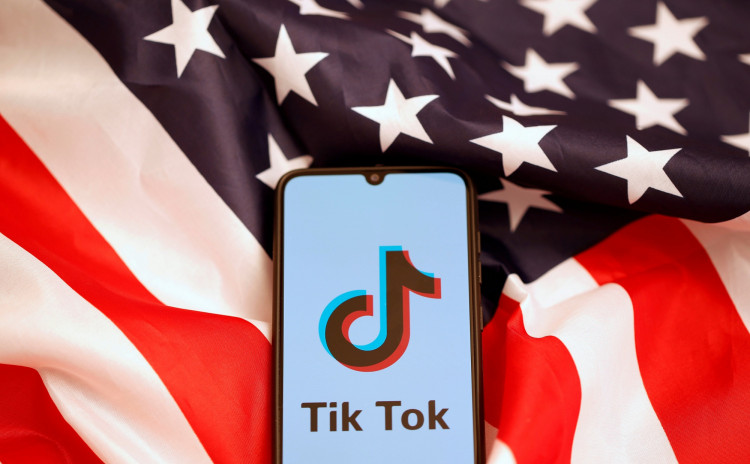The United States is on the verge of banning the hugely popular Chinese app TikTok, as a measure to outlaw the video-sharing platform has won congressional approval and is now awaiting President Joe Biden's signature. The bill, passed as part of a package that included military aid for Ukraine, Israel, Taiwan, and other US partners in the Indo-Pacific region, gives TikTok's Chinese owner, ByteDance, nine months to sell its stake, or the app will be blocked in the United States.
The move comes amid growing concerns over national security, with US politicians fearing that TikTok could be used to spy on Americans or spread propaganda. "For years we've allowed the Chinese Communist party to control one of the most popular apps in America that was dangerously short-sighted," said Senator Marco Rubio, the top Republican on the Intelligence Committee. "A new law is going to require its Chinese owner to sell the app. This is a good move for America."
TikTok has vehemently denied these allegations, citing civil liberties concerns in its defense. "It's a big deal," Doug Calidas, a tech expert at Harvard University's Belfer Center, told the BBC. "In the period of a few weeks they managed to pass a law through both chambers which very rarely happens - to see them act so quickly on a matter of public concern."
If ByteDance fails to sell TikTok within the allotted timeframe, the app could be blocked in the country. However, legal action from ByteDance, likely all the way to the Supreme Court, would delay the process, potentially taking several years before the app is banned in the US. Additionally, any deal to sell TikTok would still need approval from Chinese officials, who have vowed to oppose such a move.
The situation in the US mirrors that of India, where TikTok was banned nearly four years ago following a military clash along the India-China border. The Indian government cited privacy concerns and said that Chinese apps pose a threat to the country's sovereignty and security. The move mostly drew widespread support in India, where protesters had been calling for a boycott of Chinese goods since the deadly confrontation.
At the time of the ban, India had about 200 million TikTok users, the most outside of China. The ban provided a multi-billion dollar opportunity for other platforms, such as Google's YouTube Shorts and Instagram's Reels, to capture the market that TikTok had vacated.
However, the situation in the US differs from that in India. "In India, TikTok decided not to go to court, but the U.S. is a bigger revenue market for them. Also, the First Amendment in America is fairly strong, so it's not going to be as easy for the U.S. to do this as it was for India," said Nikhil Pahwa, a digital policy expert and founder of tech website MediaNama.
As Chinese apps proliferate across the world, Pahwa believes that countries need to assess their dependency on China and develop a way to reduce it, as the apps can pose a national security risk. "Chinese intelligence law and its cybersecurity law can allow Chinese apps to work in the interest of their own security. That creates a situation of distrust and it becomes a national security risk for others," he said.
TikTok has made efforts to rally support against the potential ban, including a major lobbying campaign and encouraging users and creators to express their opposition to the bill. However, with the measure now heading to President Biden's desk, the fate of the app in the US hangs in the balance.






